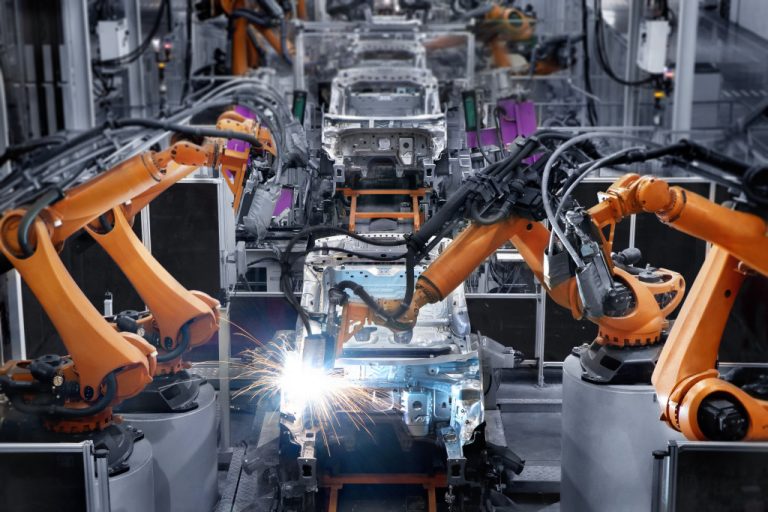As the world becomes more and more technologically advanced, businesses benefit in ways they never have before. New technological advancements give companies new opportunities to expand their reach and increase profits. Technological advancements impact nearly every primary industry globally, often changing how employees perform their tasks and how business owners think of ways to improve.
However, technological advancements in a few industries are not only game-changing but necessary. The upgrades received helped businesses and customers who received the product or service. Some business sectors pursue technological advancements as standard routines for their operations.

Manufacturing
Manufacturing has always been a staple of the global economy, and with the advent of industrial robotics, automation, and artificial intelligence for machines, it has only become more so. With these technologies, manufacturers can produce products faster and with fewer defects. In many cases, machines can now do the jobs once done by human employees, leading to significant cost savings for businesses.
While some workers have lost their jobs due to automation, the overall effect of technological advancements on the manufacturing industry has been overwhelmingly positive. Manufacturers can now produce more products at a lower cost, which allows them to remain competitive in a global economy. Moreover, the increased efficiency and accuracy of manufacturing processes have improved the quality of produced goods.
Healthcare
The healthcare industry is another sector that has seen tremendous benefits from technological advancements. In particular, medical imaging has seen massive improvements in recent years. With new technologies such as 3D printing and machine learning, doctors can now obtain a more accurate diagnosis for their patients than ever before. This improved accuracy allows for treatments to be tailored specifically to the individual patient, which leads to better outcomes and lower costs overall.
Additionally, technological advancements have allowed the development of new medical treatments and procedures that were not possible before. For example, gene-editing technology to treat diseases is becoming increasingly common. Healthcare costs will likely decrease as these, and other new treatments become available.
Dental clinics have also benefited from technological advancements. In particular, dental lasers have become increasingly common in clinics. Lasers can remove cavities, treat gum disease, and perform other procedures. They are more accurate and less invasive than traditional dental tools, which means that patients experience less pain and recover faster.
Dental clinics can also use 3D printers to create custom dental implants and other dental devices. It allows for a greater level of precision than was possible before and leads to better outcomes for patients. Teeth implants are now easier to perform with the help of CEREC machines, leading to a more pleasant experience for patients.
Retail
The retail industry is another sector in which technological advancements have revolutionized. Businesses no longer need a physical storefront to sell their products with online shopping. It allowed many small businesses to compete with larger, more established companies.
Additionally, online retailers can track their customers’ buying behavior and use this information to create targeted marketing campaigns. It allows businesses to reach more customers more efficiently and increase their profits.
Technology has also allowed businesses to develop new payment methods such as Apple Pay and Bitcoin. These new payment methods are more secure and easier for customers than traditional methods such as credit cards. As a result, they are likely to become more prevalent.
Education
Education used to be traditional, often relying on a classroom set up to educate kids. However, technology opened a portal that allowed students to learn from virtually anywhere.
Virtual reality technology is changing education today by allowing students to have a more immersive learning experience. With VR technology, students can explore different parts of the world, visit historical sites, and participate in simulated activities. It allows them to learn about other cultures and history more hands-on.
VR technology can also create educational videos. These videos allow students to watch lectures from the comfort of their own homes. Additionally, they can ask questions of the lecturer and get real-time feedback. It will enable students to learn at their own pace and get more out of lectures than if they were attending them in person.
VR technology is also suitable for creating online courses. These courses allow students to learn about different subjects from experts worldwide. The classes are usually less expensive than traditional courses, and students can access them at any time. It allows students to learn about any subject they are interested in without leaving their homes.
As you can see, technological advancements have profoundly impacted many different industries. They have allowed businesses to become more efficient and increase their profits. They have also allowed customers to benefit from a more pleasant experience. As these technologies continue to develop, the industries that they affect will only continue to grow.

